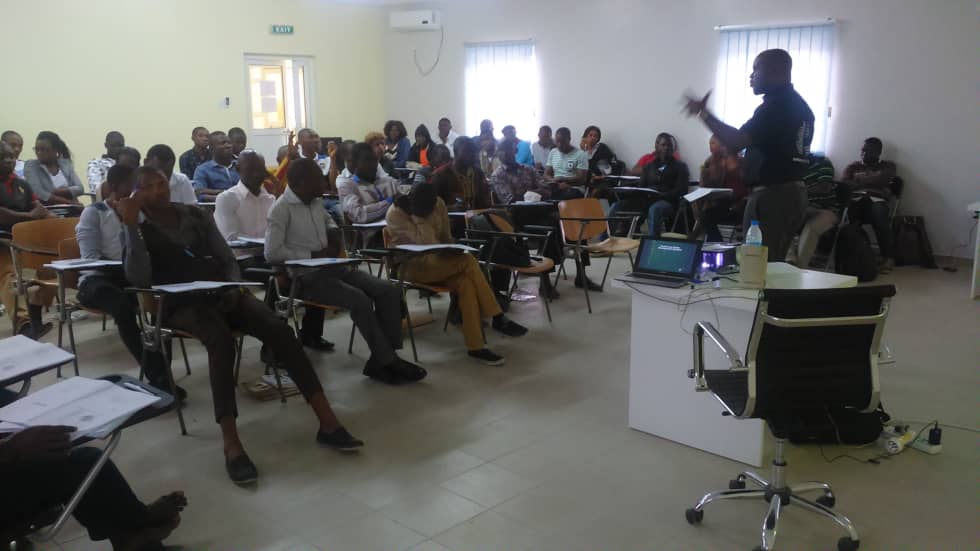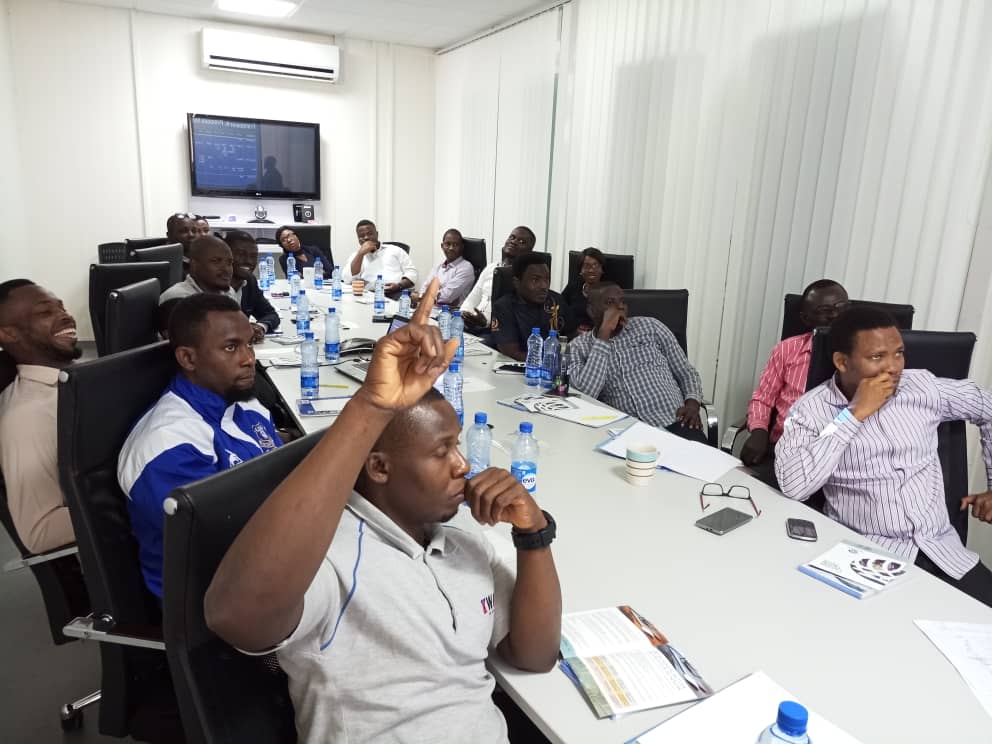Effective navigation during career transitions is crucial for success, whether you’re switching industries, changing roles, or contemplating entrepreneurship. This week, we will explore practical strategies to make your career shift smoother and more rewarding.
Assess Your Motivation and Goals
Before beginning a career transition, take the time to reflect on your motivations. Ask yourself:
- Why do you want to make this change?
- Are you seeking a better alignment with your values?
- Do you desire more challenging work or a better work-life balance?
- What are your long-term career goals?
- What do you hope to achieve in the next 5-10 years?
- What skills and experiences do you bring to the table?
- How can your current skills and experiences transfer to your new career path?
Understanding your underlying motivations will help you make informed decisions and set clear objectives, ensuring your transition aligns with your overall career aspirations.
Research and Explore
Thoroughly explore the new field or industry by considering the following:
- Industry Trends:
– What’s happening in the field? Are there emerging technologies or methodologies?
– Which skills are in demand, and what qualifications are most valued? - Company Culture:
– Research potential employers to understand their values, work environment, and growth opportunities.
– What do employees say about the company culture on platforms like Glassdoor? - Network
– Connect with professionals in the industry through LinkedIn or industry-specific events.
– Seek informational interviews to gain insights into day-to-day responsibilities and career path.
Attending webinars, reading industry-specific blogs, and participating in professional forums can provide a deeper understanding of the field and help you determine if it’s the right fit.
Skill Gap Analysis
Identify the skills needed in your desired career path and compare them to your existing skill set. Address any gaps by:
- Training and Courses:
– Take relevant courses, certifications, or even enroll in a degree program if necessary.
– Online platforms like Coursera, Udemy, and LinkedIn Learning offer a plethora of courses tailored to specific industries.
- Volunteer Work or Internships:
– Gain practical experience through volunteer work or internships in your desired field.
- Transferable Skills:
– Highlight skills from your previous roles that are applicable in the new context, such as project management, leadership, or analytical skills.
Creating a skill development plan can help you systematically acquire the competencies needed for your new career.

Update Your Resume and LinkedIn Profile
Tailor your professional profile to match your new career goal. Your resume and LinkedIn profile should reflect your transition:
- Tailor your resume to emphasize relevant experiences and skills.
- Use keywords from job descriptions in your desired field.
- Showcase achievements that demonstrate your capabilities and potential.
- For your LinkedIn profile, update it to reflect your new career direction.
- Write a compelling headline and summary that highlights your transition and aspirations.
- Request recommendations from colleagues and mentors that emphasize your transferable skills.
These updates will make you more attractive to potential employers and help you stand out in your new field.
Leverage Your Network
Networking can open doors to hidden opportunities so it’s important to build and utilize connections. How can you do this?
- Inform your contacts about your career transition and seek advice.
- Reconnect with former colleagues, mentors, and industry peers.
- Attend industry events, conferences, and virtual meetups to expand your network.
- Join professional associations or groups related to your new field.
- Leveraging your network can provide valuable insights, referrals, and support during your transition.
Craft a Compelling Story
During interviews and networking conversations, explain your transition in a positive light. Share your journey by:
- Emphasizing how your past experiences and skills align with the new role.
- Highlighting your motivation for the change and how it fits with your long-term goals.
- Being authentic, confident and honest about your reasons for the transition and the steps you’ve taken to prepare. Confidence in your story can help convince others of your commitment and readiness.
Crafting a compelling story will help potential employers understand your unique value proposition.
Be Patient and Persistent
Career transitions take time and persistence. You may face rejection or setbacks. Stay resilient and keep refining your approach. Celebrate small victories along the way, such as securing an informational interview or completing a relevant course.
Maintaining a positive mindset and staying focused on your goals will help you navigate the challenges of a career transition.
Seek Mentorship
Learn from others. Finding a mentor who has successfully navigated a similar transition can be invaluable. Make sure you seek out mentors who can provide advice, feedback, and support based on their own experiences. Learn from their successes and mistakes, and apply their insights to your own journey.
A mentor can offer practical advice and encouragement, helping you stay motivated and on track.
Stay Curious and Adaptable
Adopt a growth mindset and remain open to learning and adapting. Never stop learning. Attend workshops, read industry publications, and stay informed about changes in your chosen field.
Also, be flexible and willing to adjust your plans as you gain new information and experiences. Staying curious and adaptable will help you thrive in your new career path.
Celebrate Progress
Recognize and celebrate your progress, even if it’s incremental. Celebrate milestones such as landing an informational interview, completing a course, or securing a new job.
Reflect on your journey and the skills and knowledge you’ve gained along the way.
Celebrating progress will keep you motivated and reinforce your commitment to your career transition.
Career transitions are opportunities for growth and reinvention. Enjoy the journey, stay focused, and believe in your ability to thrive in your new career path. Best of luck!
Disclaimer: The advice provided in this article is general in nature. Always consult with a career counselor or professional advisor for personalized guidance.









